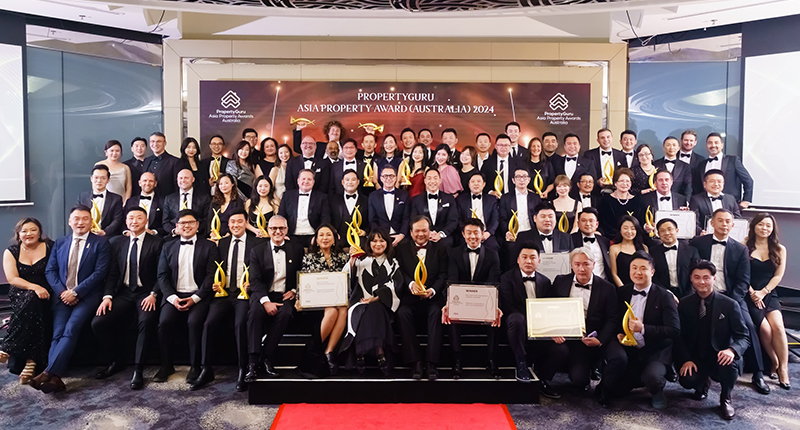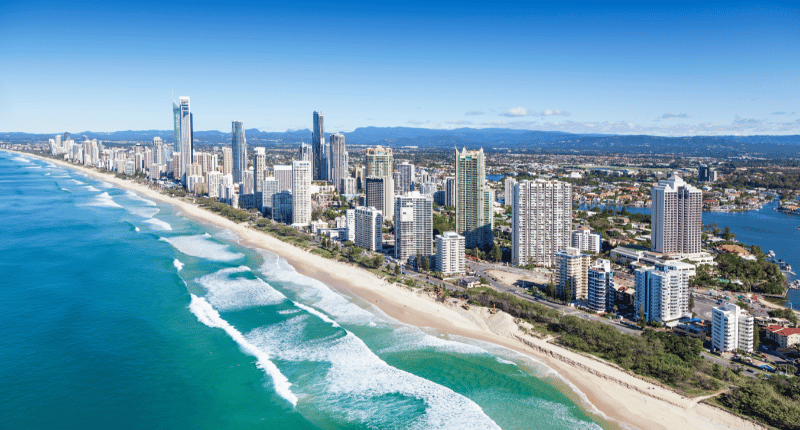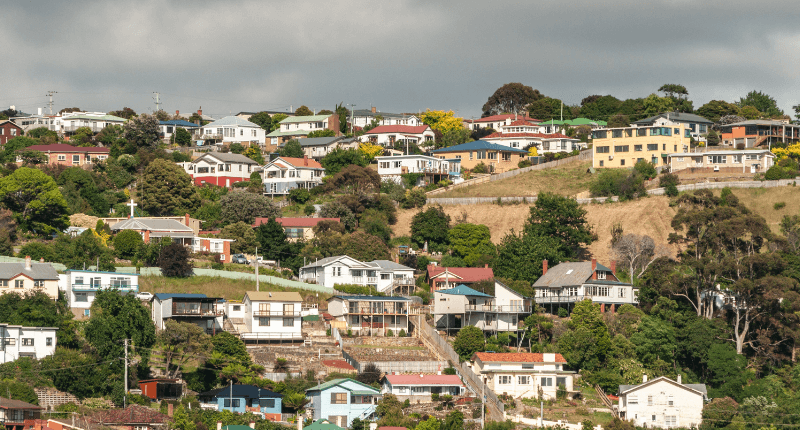- The Greens proposed a 90-day cap on nights-per-year owners can rent out a short-stay.
- Second homes used as short term rentals sit empty outside of holiday season.
- In the City of Yarra there are 1,200+ available short-stays, and less than 300 rentals.
The Greens this week put pressure on the Victorian Labor Government to introduce short-stay regulations, in a bid to alleviate the state’s rental crisis.
The proposed changes would help incentivise Victorians to make their secondary homes available as long-term rentals, rather than keeping them as short-stays where they would sit empty for most of the year outside of holiday season.
“Cities around the world like New York, London, and Berlin regulate their short-stay market, it’s time for us to do the same” said Victorian Greens spokesperson for renters’ rights, Gabrielle de Vietri.

Unregulated and empty
In the City of Yarra, which covers Ms de Vietri’s local electorate of Richmond, there are currently over 1,200 entire properties available for short-stays, and less than 300 available rentals.
Right now, Victorians with multiple properties are able to rent out their secondary homes as short-stays for holidaymakers – through third party services like Airbnb – for as little or as long as they’d like, at a much higher nightly rate than a long-term rental.
This has had a major impact on the rental markets of both inner-city and regional holiday destinations.
Ms de Vietri said, “We need to introduce strong short-stay regulations to ensure affordable housing is available to families and workers experiencing housing stress.
The Greens are proposing a 90-day cap on how many nights a year you can rent out a secondary property as a short-stay.
The party are also proposing a new mandatory public register of short-stay operators, and new rules to allow owners corporations to regulate short-stays for properties that are not a host’s principal residence in their building.
Residents and renters hit hard
In popular holiday destinations in regional Victoria, rents are at record levels while the number of available rental properties has plummeted. And in the city, large apartment buildings have been turned into de facto hotels, reducing amenity and liveability for permanent residents.
Ms de Vietri said, “Investment properties are being turned into mini hotels at the cost of a family or worker having access to secure rental properties.”
Rural and regional communities in particular report not having enough rental housing stock for local families, or for the workers that have moved into an area to work in local businesses.
This has reduced the capacity of local economies to recover from the worker shortages of the pandemic and has plunged many families into housing stress or crisis.
Exacerbating the problem
The short-term market is pressuring communities in tourism hotpots Australia-wide, but typically this is a local council issue.
Some councils have increased rates on properties listed on platforms such as Airbnb and Stayz, while state governments have capped the number of days these properties can be rented out as holiday accommodation.
In December 2022, NSW Byron Bay Council unanimously voted to decrease short stay in the region from 180 to 90 days per property, in an attempt to abate escalating homelessness in the region. In February 2023, Queensland’s Gold Coast Council said it uncovered at least 250 stays that had evaded registration.
Tackling the state government of Victoria, Ms de Vietri, said the growing conversion of long-term rentals into short-stay accommodation had exacerbated an already tight rental market across Victoria.
“Short stay accommodation is almost entirely unregulated in Victoria, and it’s making the rental crisis worse,” said Ms de Vietri.
Co-ownership, where a second home is fully ulitised, may become the preferred option for investors.








